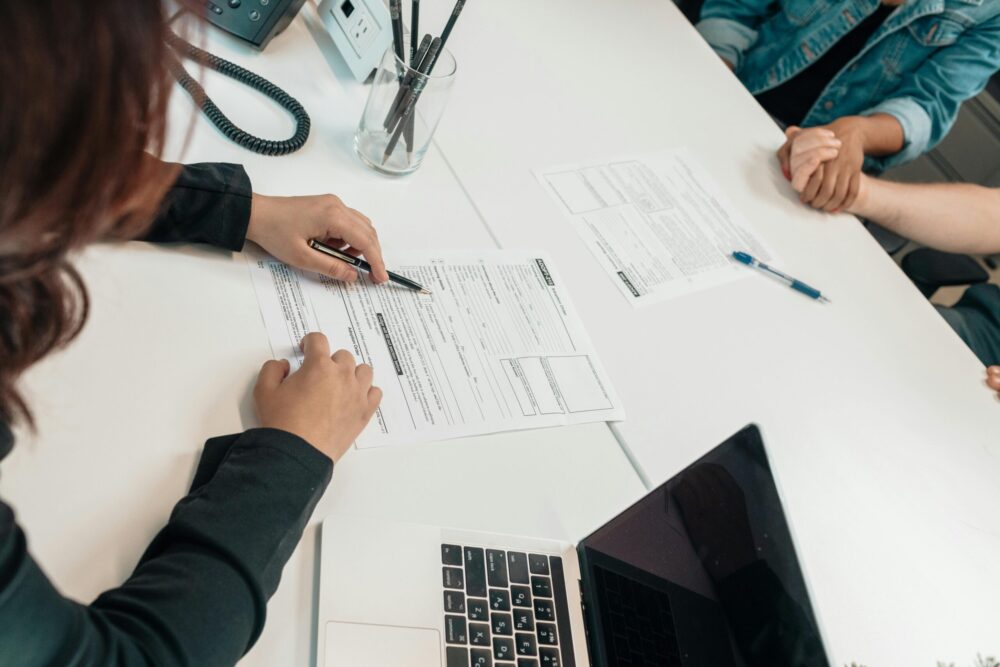When investing in property, whether for residential or commercial use, especially in a foreign market like Thailand, it’s crucial to make well-informed decisions. Conducting due diligence is a significant aspect of this process, which entails carefully reviewing the legal and financial aspects of the property. Despite seeming daunting, due diligence is essential to ensure a smooth and secure transaction. In Thailand, this usually involves confirming ownership, investigating any legal restrictions, evaluating regulatory compliance, and other relevant checks. Considering the complexity of these tasks, having the guidance of a lawyer is extremely beneficial.
The reason why you should conduct the property due diligence in Thailand
Before you move ahead to buy or acquire the property such as condominium, house, villa, land, etc., we suggest that you must have a third party to conduct the property due diligence report for you first.
Why?
You need to make sure that the property is in good condition to buy because some property even if it’s a finished construction, some sellers cannot issue the title deed to transfer the property to you and it is a clear violation of your rights and the law.
There is a chance that you are talking to someone who is not the real owner and pays them, but they are pretending that they are the owner. So, you may lose money by dealing with the wrong people. This is one of the reasons why we suggest conducting property due diligence reports first.
Also, the owner or developer may have some legal issue that prevents them from entering into any civil transaction because of a court order that froze all of their properties or their business.
And, in some cases, they promote to sell the property with the great privilege such as guarantee return of investment but they will never fulfill such promises to their Buyers (this a lot happened in Phuket and tourism area).
Understanding Due Diligence in Thailand:
When conducting due diligence for property in Thailand, it involves thoroughly investigating various factors to mitigate risks and ensure the investment meets the buyer’s objectives. This process usually includes:
1. Legal Title Verification: Verifying the legal ownership of the property is a primary objective of due diligence. This entails scrutinizing land titles, ownership documents, and relevant government records to authenticate the seller’s authority to sell the property.
2. Land Use and Zoning Regulations: Thailand has specific regulations governing land use and zoning, which significantly impact a property’s intended purpose. As part of due diligence, it’s vital to verify compliance with these regulations and assess any related restrictions or limitations.
3. Encumbrances and Liabilities: The goal of due diligence is to identify any encumbrances or liabilities associated with the property, including mortgages, liens, or outstanding debts. Understanding these potential issues is crucial for accurately evaluating the property’s worth and avoiding future complications.
4. Permits and Approvals: Based on the property’s features and intended use, various permits and approvals from local authorities may be required. Due diligence involves confirming the existence of necessary permits and reviewing any ongoing or pending applications.
5. Buyers need to assess the tax implications and financial obligations associated with the property. This involves comprehending property taxes, transfer fees, and other relevant expenses that may impact the overall cost of ownership.
Why Your Lawyer is Essential:
Managing the complexities of due diligence in a foreign market such as Thailand can be overwhelming, emphasizing the essential importance of an experienced lawyer. Here’s why your lawyer is indispensable during the due diligence process:
1. Legal Expertise: Property laws and regulations in Thailand can be complex, often containing nuances unfamiliar to foreign buyers. A proficient lawyer well-versed in Thai real estate law can offer invaluable guidance, ensuring thorough review and addressing of all legal aspects.
2. Risk Mitigation: Through thorough due diligence, your lawyer assists in identifying and mitigating potential risks linked to the property. This proactive strategy safeguards your interests and helps prevent expensive complications in the future.
3. Negotiation and Documentation: A skilled lawyer can assist in negotiating favorable terms and drafting legally sound agreements that protect your rights as a buyer. They can also review contracts and other documentation related to the transaction to ensure clarity and fairness.
4. Local Insights: Lawyers who are knowledgeable about the local market can offer valuable insights into common practices, customs, and possible obstacles. Their understanding of the local landscape can provide important context, aiding you in making well-informed decisions during the purchasing process.
5. Peace of Mind: Employing a respected lawyer to manage the due diligence process offers reassurance, as your interests are protected by a qualified professional. This enables you to move forward confidently and clearly, assured that the transaction is being managed with care and proficiency.
In conclusion, due diligence is essential in the property acquisition process in Thailand, helping buyers assess risks, confirm legal ownership, and ensure compliance with regulations. While it may seem daunting, engaging a competent lawyer is vital for navigating the complexities of due diligence and protecting your investment. By collaborating with a knowledgeable legal professional, you can proceed confidently, knowing that your interests are safeguarded throughout the process.
Interesting Reads:

